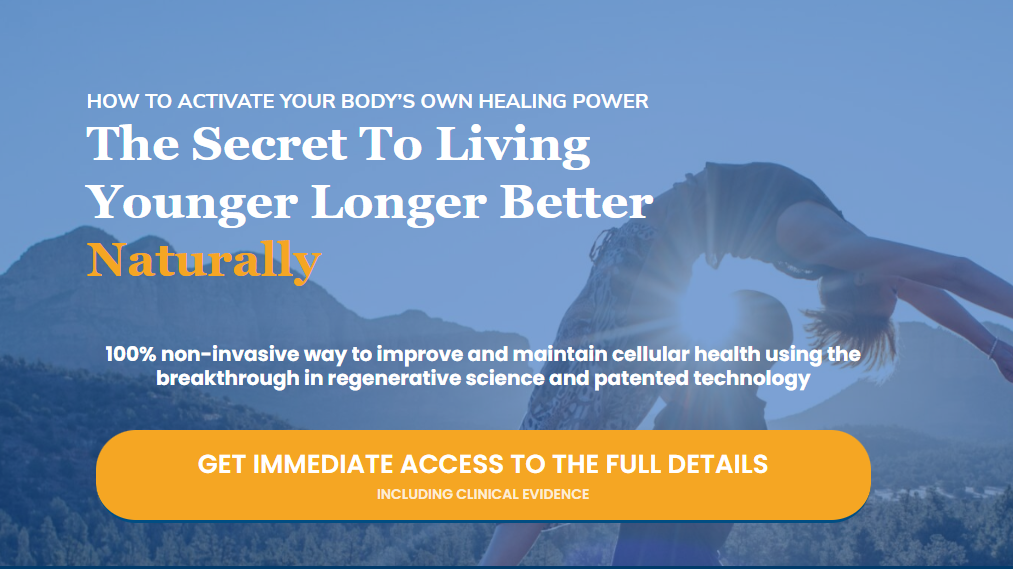In the journey of life, age is often measured in two distinct ways—chronological age and biological age. While most of us are familiar with chronological age, the number of years we have lived since birth, biological age holds the key to understanding how our bodies truly fare in the aging process. In our later years, paying attention to biological age becomes imperative for various reasons, as it offers a deeper insight into our overall health and vitality.
Biological Age: Decoding the Difference
Chronological Age: Chronological age is the straightforward count of years we have been alive. It’s the number that increases every year on our birthday, indicating the time we have spent on this planet.
Biological Age: On the other hand, biological age is a reflection of how well our body functions and how it has aged at a cellular and molecular level. It is influenced by lifestyle, genetics, diet, exercise, stress, and overall health habits. Biological age can be younger or older than our chronological age based on the condition of our cells, tissues, and organs.
Why Should We Focus on Biological Age in Our Later Years?
- True Measure of Health:
Biological age provides a more accurate picture of our health compared to chronological age. Two individuals of the same chronological age may have vastly different biological ages, signifying distinct health statuses.
- Predictor of Longevity:
Research has shown that individuals with a lower biological age tend to live longer and healthier lives. By understanding and addressing factors that accelerate aging at a biological level, we can potentially extend our lifespan.
- Guide for Lifestyle Modifications:
Knowing our biological age helps us tailor our lifestyle choices for better health outcomes. It encourages us to adopt habits that can slow down the aging process and maintain a youthful biological age.
- Early Disease Detection and Prevention:
An older biological age might indicate higher susceptibility to age-related diseases. Monitoring our biological age allows for early detection of potential health issues and timely intervention to mitigate their impact.
- Motivation for Health Improvements:
Discovering that our biological age is higher than our chronological age can serve as a motivational factor to make positive changes in our lifestyle, such as improving our diet, increasing physical activity, managing stress, and getting adequate sleep.
Effects on the Body: Unveiling the Impact
Aging is a complex process that affects every cell and system in our bodies. As we age, our skin loses elasticity, bones weaken, muscles shrink, metabolism slows down, cognitive functions decline, and the risk of chronic diseases increases. Biological age encapsulates these changes, providing a comprehensive view of how our body is handling the aging process.
Addressing our biological age involves holistic strategies encompassing a healthy diet, regular exercise, stress management, adequate sleep, and staying mentally active. By focusing on our biological age, we have the power to influence how we age and pave the way for a more vibrant, energetic, and fulfilling later life.
Embrace Your Biological Age for a Youthful Future
In the grand tapestry of life, biological age holds the key to longevity and quality of life. While we cannot halt the passage of chronological time, we can certainly influence how gracefully and healthily we age by understanding and addressing our biological age. Let’s embrace this knowledge, make informed choices, and embark on a journey towards a youthful, energetic, and fulfilling later life. It’s time to unlock the secret of aging and celebrate the beauty of growing wiser with each passing day!



